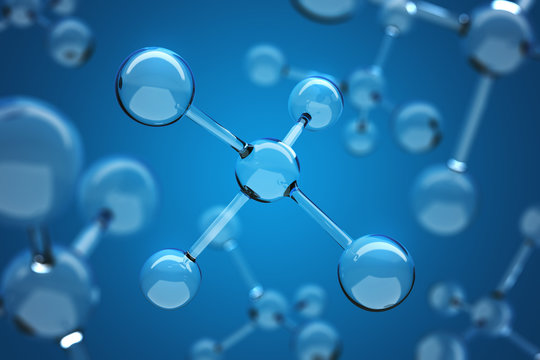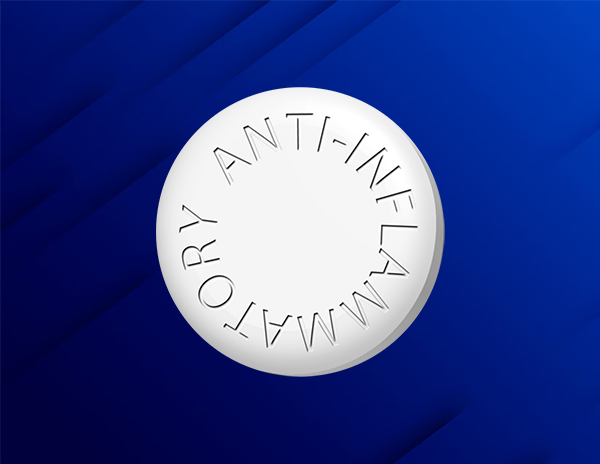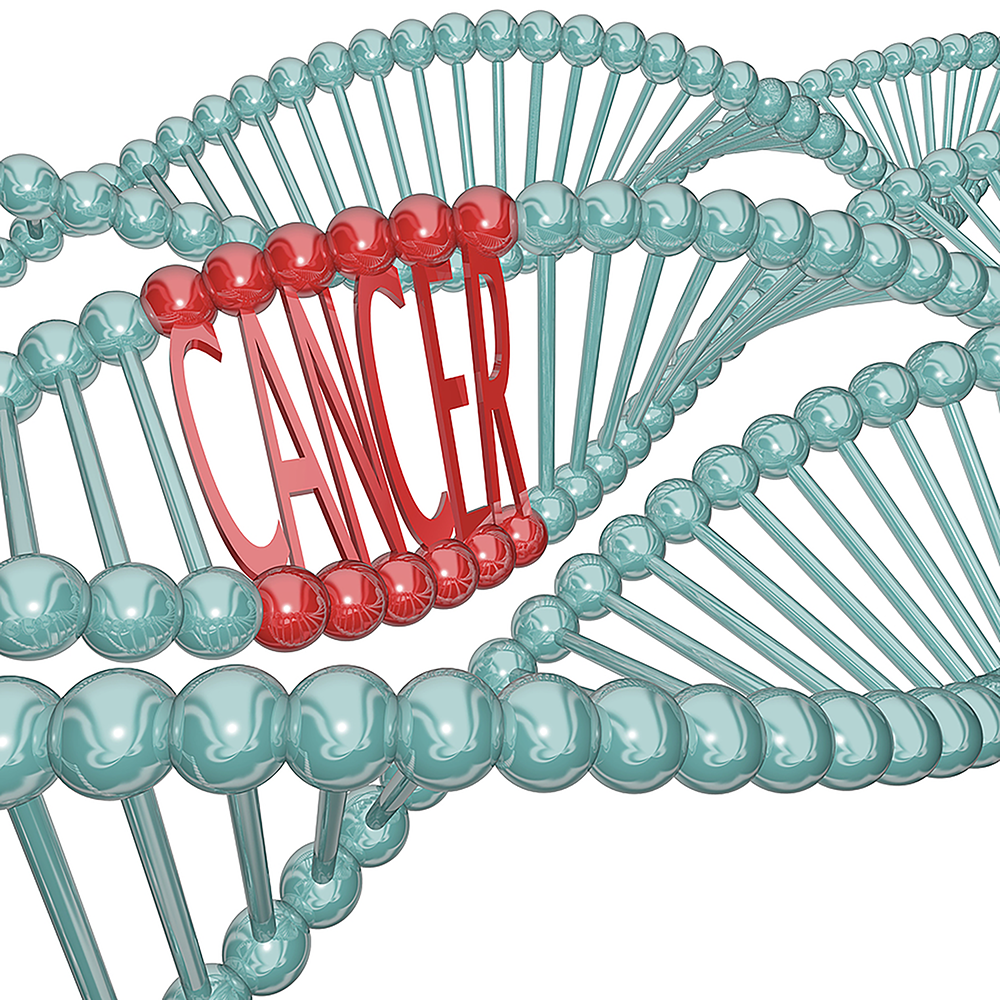A patented small molecule, highly specific for killing cancer cells, with potentially broad application
Mirkine Pharma, Inc. (MPI) has researched and patented novel medical applications for a known synthetic molecule, N13-9-1.
Looking forward*, Management believes, based on cell and animal studies done to date, that:
- N13-9-1 is notable for its specificity in causing apoptosis in cancer cells without harming healthy cells
- N13-9-1 targets cancer cell DNA, not the DNA of healthy cells
- N13-9-1 holds the potential to transcend the failures of chemotherapy (toxicity, side effects, poor efficacy), alleviate the unnecessary pain and suffering of cancer patients, and save more lives.
- N13-9-1 can address the need for more effective treatment for hard-to-treat tumors of the pancreas, lung, and colon, and potentially to treat other solid tumors and white blood cell cancers.
- In vitro and in vivo experiments indicate that N13-9-1 is effective against pancreatic cancer stem cells.
- Cell-based studies suggest a potentially powerful role for N13-9-1 in combination drug regimens.
- Based on lack of toxicity in animal studies, the compound will be safe in humans (but this remains to be proven in human trials).
- N13-9-1 also possesses a compelling anti-inflammatory effect, which indicates potential for treating a range of inflammatory diseases as well as cytokine release syndrome.
*Multiple statements on this website could be classified as forward looking statements under federal securities law. Although these statements represent the views of management, there can be no assurance that these statements will prove to be accurate.


Multiple advantages of N13-9-1
- It shrinks tumors and has proven to be non-toxic to healthy cells and organs in animal models at all therapeutic doses.
- Can effectively destroy cancer stem cells that cause cancer recurrence and metastasis.
- Cell-based assays show that it can reverse drug resistance of tumor cells. It promises to potentiate other forms of cancer treatment (chemo, immuno, and targeted therapies).
- It functions as a regulator of inflammatory responses in vitro and in vivo, showing potential for treating multiple forms of inflammation, including pancreatitis, prostatitis, and acute respiratory distress syndrome (ARDS).
- Oral administration is simple and brings competitive advantages over infusions and IV. High oral doses are very well tolerated in animals.
- Extensive applications for cancer and inflammation, promise of fast-track development for pancreatic cancer, and lung cancer with the benefits of FDA-approved expansion cohort studies. N13-9-1 is a strong opportunity for investors open to early-stage drug development and the ability to take venture capital risk.
Funding, licensing, or sale
Our goal is the licensing or sale of our technology to a pharmaceutical or a biotechnology company at a successful point of inflection: successful completion of an Investigational New Drug (IND) or successful completion of a Phase I or a Phase II clinical trial.
In addition to the US Patent (11083714B2), the EU has granted the patent (EP3773582B1), and Japan has granted the patent (7491514), which substantially increases our technology’s market value. These are utility patents whose claims embrace a wide range of cancers and inflammatory conditions. Applications are currently pending in Canada and China.
At this time, we seek to fund an IND application to the FDA and to support a Phase I clinical trial focused on safety and dosing.

Identifying a safe and effective anti-cancer and anti-inflammatory small molecule.

The work of Dr. Mirko Beljanski (1923-1998) was an inspiration for MPI’s cancer drug project.

Dr. John Hall joined Mirkine Pharma to research and develop new intellectual property.


Broad spectrum anti-cancer activity
With the potential for extensive applications in cancer therapy, our new drug can be an historic step toward ending cancer as we know it.
N13-9-1 is effective against all types of cancer cells we have tested including brain, colon, lung, ovarian, pancreatic, and prostate. It shrinks colon and pancreatic tumors in vivo without signs of toxicity to healthy tissues. For development, we are focusing on the most deadly and difficult to treat.
Broad spectrum anti-cancer activity indicates that N13-9-1 targets a fundamental cancer-specific defect common to most, if not all cancers.
Anti-inflammation – without side effects
N13-9-1 functions as an compelling anti-inflammatory by resolving chronic inflammations. Our assays show that it normalizes the levels of signals and white blood cells that coordinate the immune response. This prevents damage to healthy tissues that occurs in persistent inflammation.
N13-9-1 promises to be useful for treating clinically severe conditions of hyperimmunity such as acute respiratory distress syndrome (ARDS) without the side effects associated with other drugs.


Novel mechanism of action
Cancer, characterized by uncontrolled cell proliferation and aggressive malignancies, causes millions of deaths annually. Although chemotherapeutics has been crucial in treatment, their non-specificity often limits effectiveness by failing to target cancer cells precisely. Advances in understanding cancer’s molecular mechanisms have led to the development of new therapeutic regimens. Targeted drug therapy, immunotherapy, and personalized medicine are now widely used, providing more precise and effective treatment options.
Our initial results reveal a unique and novel mechanism of action for N13-9-1, which selectively targets cancer cells with high precision. These findings position our lead candidate as a promising new small molecule targeted therapeutic.
